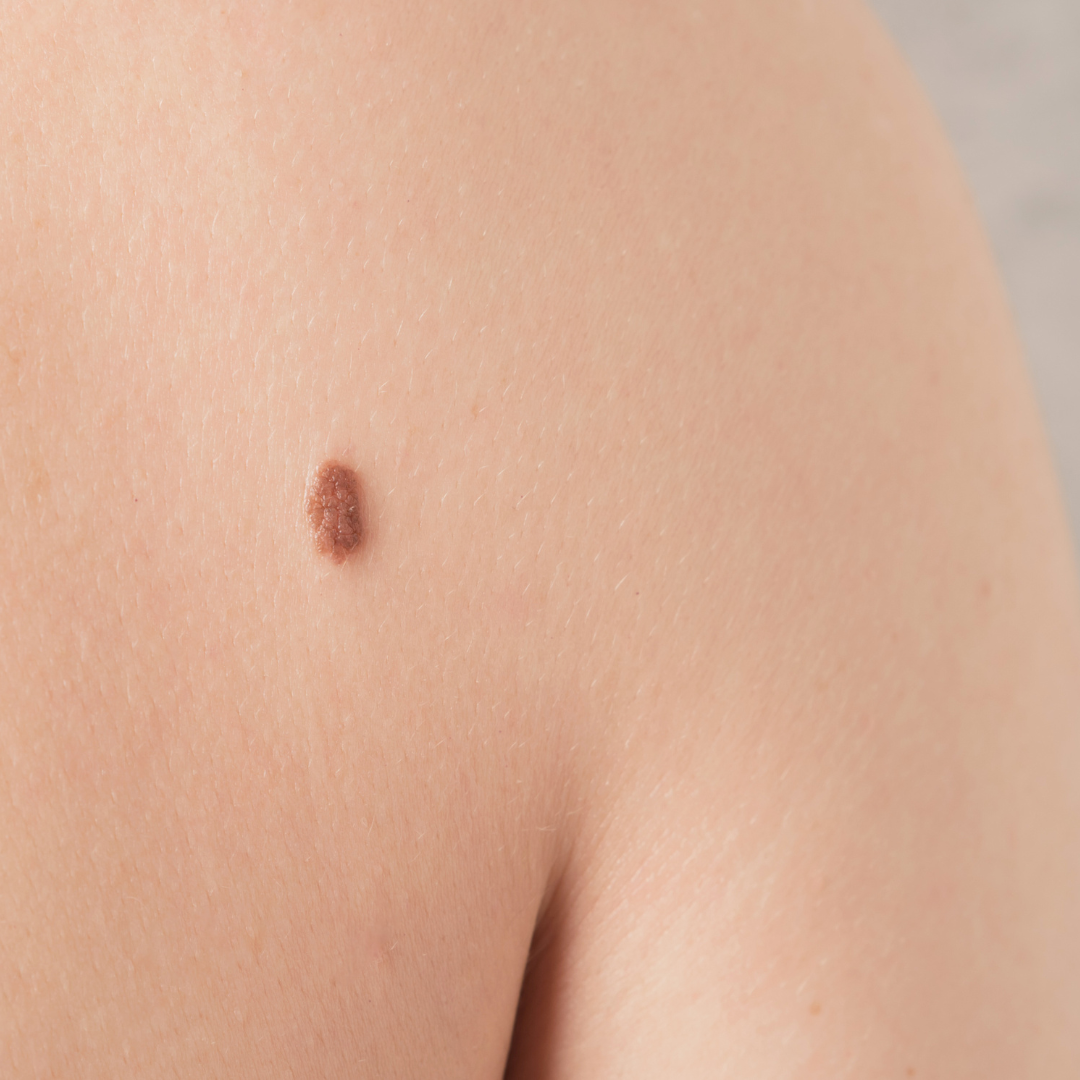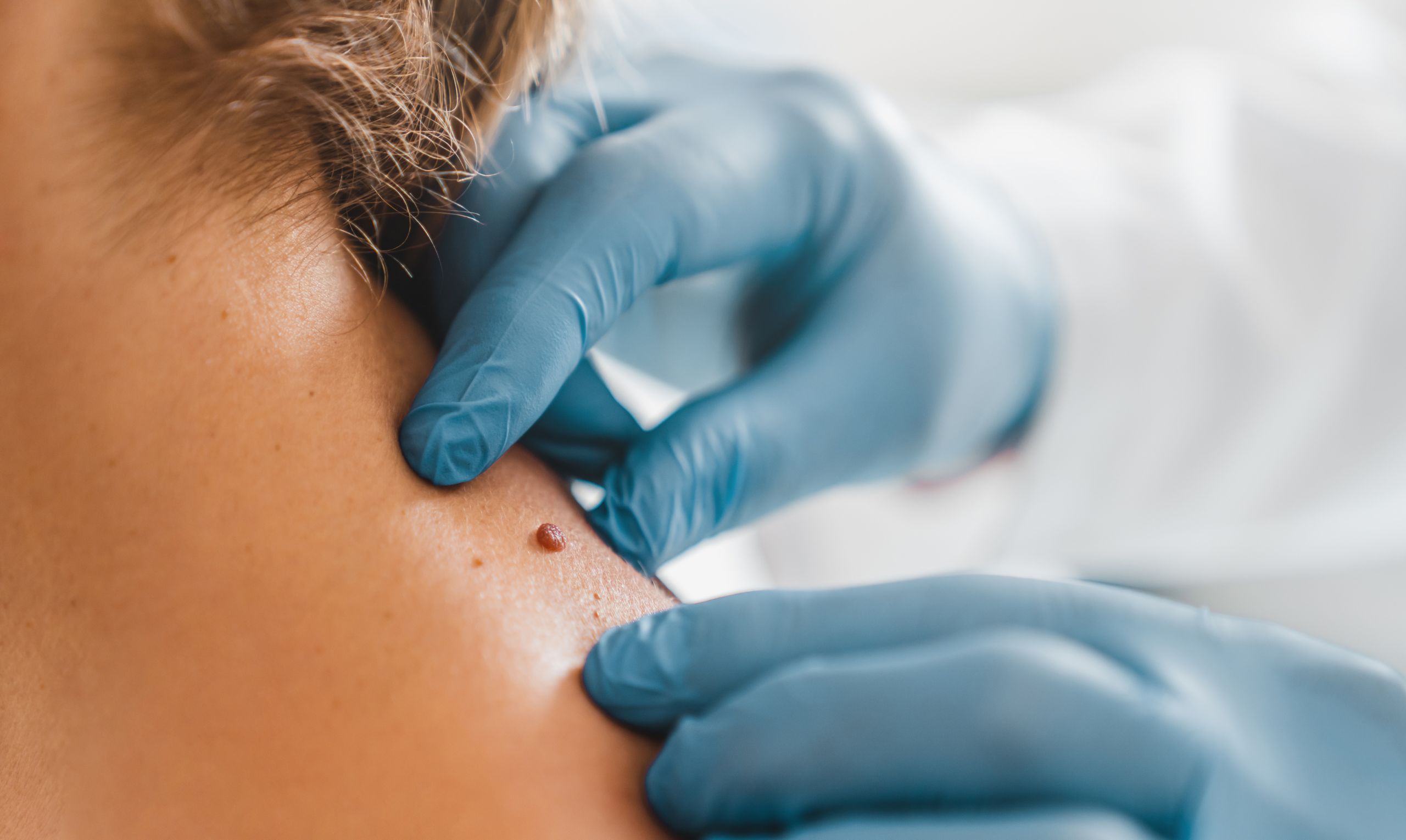In the U.S., more than 9,500 people are diagnosed with skin cancer every day. More than two people die of the disease every hour. Everyone should have regular checkups with a skin cancer specialist in St. Michaels. Having a dermatologist that specializes in skin cancer gives you better access to prevention, screening, and early diagnosis as well as treatment.
Quick Facts About Skin Cancer
Skin cancer is the most common of all the cancer types. There are three major types of skin cancer: melanoma, basal cell carcinoma, and squamous cell carcinoma. Melanoma is the most dangerous type of skin cancer. While it only accounts for 1% of skin cancer, Melanoma accounts for the most skin cancer deaths. Additionally, the rates of melanoma have been quickly rising over the past few decades. That’s why its important to check your skin and have regular skin cancer screenings with a specialist in St. Michaels.
Melanoma is one of the most common cancers seen in young adults. It is 20 times more likely to affect white people than African American and it is more common in women before the age of 50.
Screening for Skin Cancer
Prevention and early detection are the key to treating skin cancer. This means having adequate screening by a dermatologist. Melanoma can spread to other body parts if it isn’t caught early. That’s why we stress the importance of skin cancer checks. At Cronin Dermatology and Skin Cancer Center we provide comprehensive care that starts with an accurate diagnosis.
Risk Factors for Melanoma

Some people are at a higher risk of developing melanoma or other skin cancers. You may be at a higher risk if you have:
- A large number of moles
- Unusual moles
- freckles
- fair skin
- blonde or red hair
- blue or green eyes
- family history of skin cancer
- personal history of blistering sunburns, especially during childhood or teenage years. In fact, having 5 or more sunburns doubles your risk of developing melanoma.
- a weakened immune system
Another major factor is sun exposure. So, if you are frequently exposed to higher levels of UV sunlight, you may be at a higher risk.
Prevention
There is no one way to prevent skin cancer. However, there are some things you can do to lower your risk. This includes:
- Avoiding sun exposure between 10 a.m. and 4 p.m.
- Wear SPF 15 or higher every day
- Avoid indoor tanning. Those who have ever tanned indoors have an 83 percent increased risk of developing squamous cell carcinoma and a 29 percent increased risk of developing basal cell carcinoma.
- Wear protective clothing like long sleeves, hats, sunglasses.
In addition to protecting you from skin cancer, these steps also help prevent wrinkles, sunspots and blotches, and other damage to your skin. Roughly 80% of skin aging is caused by the sun, so protecting from sun damage can go a long way in keeping your skin youthful.
Warning Signs
If you have a spot or mole that changes color or shape, starts bleeding or oozing, itches, or hurts then you should see your dermatologist as soon as possible.
Skin Cancer Specialist in St. Michaels
Skin cancer can nearly always be cured when it is diagnosed and treated early. In addition to doing monthly self-exams to look for new or changing skin growths, we recommend scheduling a skin cancer screening once a year.
To learn more about your risk factors or to schedule a skin check, please contact Cronin Dermatology and Skin Cancer Center. Dr. Hyland Cronin is a nationally recognized board-certified dermatologist and specialist in skin cancer, Mohs micrographic surgery, and reconstructive surgery. She is ready to help you protect your skin.

